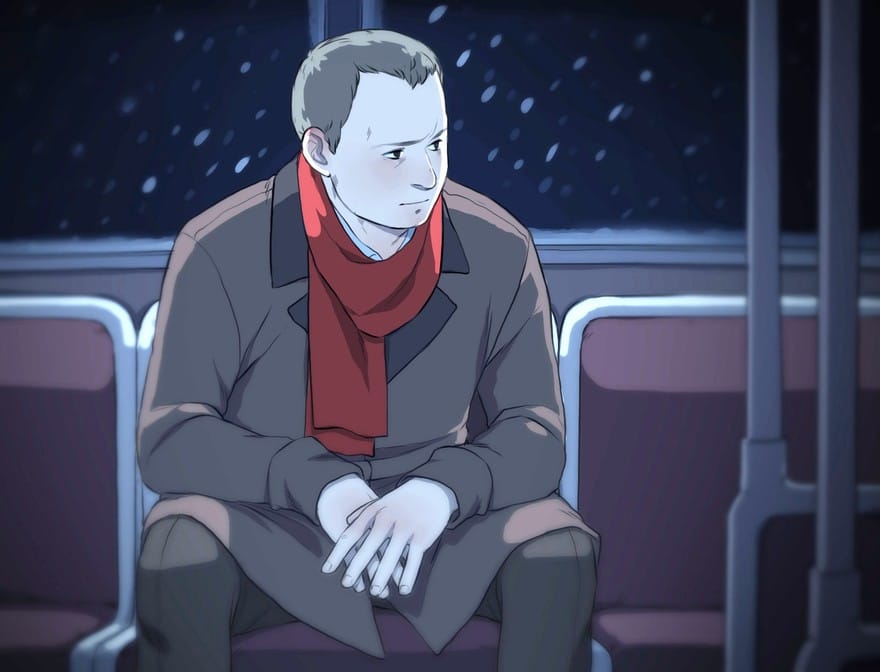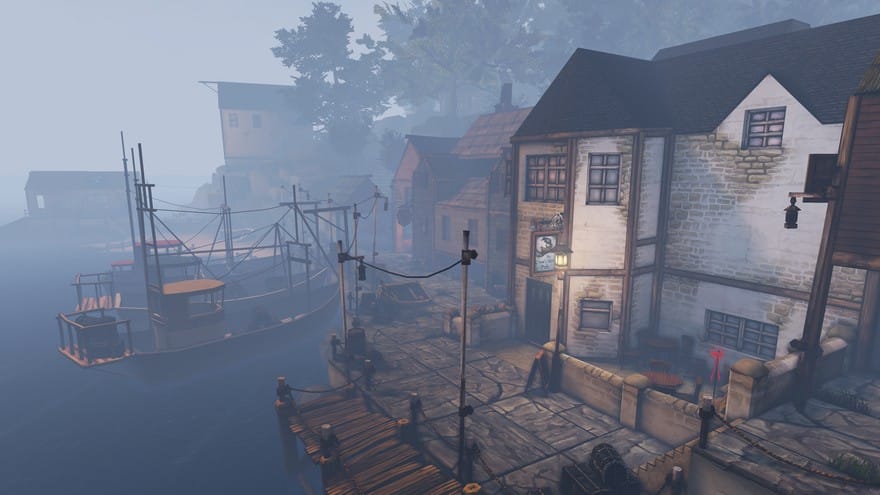Videogames can change the way we think about mental illness

Actor Tony Shalhoub first appeared in the television show Monk in 2002, in which he played a San Francisco-based detective with Obsessive-Compulsive Disorder named Adrian Monk. As one might expect, having OCD meant that Monk had a variety of quirks ranging from organizing keyboards alphabetically to wiping everything he touched with sanitizing wipes, all for the sake of comedy.
Despite its popularity and light-hearted tone, Monk was part of the unfortunate majority of television shows and films whose depictions of mental illness are often horribly inaccurate, using clichés and frequently playing Monk’s compulsions for laughs.
It’s not the first to do so. Shows such as Hoarders and My Strange Addiction have made a spectacle out of people’s struggles; What About Bob? poorly portrayed the relationship between a therapist and patient; asylums and the criminally insane have become quick and easy go to subjects for even the most low-budget of horror films, among many, many others.
Thankfully a handful of accurate depictions within the media do exist, including films like The Aviator or Silver Linings Playbook, both of which feature nuanced performances that capture the struggles of mental illness more gracefully than most. Unfortunately, the bad portrayals often overpower the good, and only serve to perpetuate the damaging stigma placed upon mental illness.

Since their narrative structures often mirror those of cinema, videogames—particularly survival horror games focused on “insanity” or taking place in asylums—have also been guilty of such faulty depictions. However, the interactivity of a videogame has recently proven to be an effective method for building empathy and understanding of the subject.
When watching a film or TV show, the audience’s role is passive, and it’s because of this that stories about the mentally ill are typically faulty. A general lack of public knowledge will leave true-to-form mentally ill characters feeling off-putting and strange, and stories therefore rely on reductive generalizations and clichés in order to help people relate.
A videogame provides an alternative to this. Since the main way to interact with a game is essentially active, players can inhabit the mind of a unique character when they play, experiencing a different life and seeing the world from a new point of view. When it closely mirrors reality, these games become powerful tools that help people understand and even empathize with sufferers of mental illness.
The uncannily accurate writing of Actual Sunlight that could help people understand the patterns of thought for a depressed person.
It was the failure of the media to accurately portray depression that inspired Will O’Neill to create Actual Sunlight, a game focused on the life of a man suffering from the disorder. “Actual Sunlight is essentially autobiographical, and I created it because I didn’t feel like I saw any accurate representation of what my experience and life was like in the media around me. Certainly not in games,” he says. “If anything, I felt like our culture would frame a narrative around someone like me in ultimately hopeful terms—that all someone ‘like me’ needed to do was ‘turn it all around’ and then things would be alright. I wanted to offer a strong counterpoint to that—one that was raw, realistic, and intensely personal.”
The result is a sobering depiction of the seemingly hopeless reality of someone with depression. It’s the uncannily accurate writing of Actual Sunlight that could potentially help people understand the patterns of thought for a depressed person. Observations of his environment lead the main character Evan Winter to express his anger at those more fortunate than himself; constantly negative evaluations of his life lead him in a never-ending spiral of self-deprecation; and even simple tasks such as assembling a dresser are infused with his frustrations about the world. It’s brutal and melancholy, and to the uninitiated, it might even seem melodramatic. But often, depression can create a smoke screen that prevents its sufferers from seeing anything bright or positive in the world, and Actual Sunlight’s ability to convey this makes it all the more effective. Being able to inhabit the world through Evan’s mind and seeing things in the same capacity as he does could help people understand that depression recovery and management requires a lot more than merely “cheering up.”
These games become powerful tools that help people understand and even empathize with sufferers of mental illness.
Actual Sunlight’s take on depression is unique, but certainly not alone. Others, such as Zoe Quinn’s Depression Quest and Kara Stone’s Medication Meditation, approach the subjects of both anxiety and depression using different perspectives, and even offer players help for management of their symptoms. And while they’re both widespread and afflict millions, they aren’t the only illnesses whose public awareness—or lack thereof—can benefit from the help of the interactive medium. Just this year, British studio White Paper Games released Ether One, an exploration-based game that tasks players with reconstructing the memories of someone who suffers from dementia.
Designer Pete Bottomley explains that the choice to make a game about dementia stemmed from the team’s personal interactions with it in their lives, and that the aim of Ether One was to glean empathy from its players. “About halfway through the development, we were worried that we weren’t saying anything meaningful,” he says. “It was almost as if we were scared to tackle the subject of dementia. We were tiptoeing around the disease because we were worried that we might be somehow putting people off the game, or not justifying the reasons. We made the conscious decision to tackle the narrative head on. It made us realize that we didn’t have to be medical experts on the disease. Our intention was to just create a conversation about dementia.”

Bottomley recalls receiving messages from people with other illnesses voicing their appreciation for the game and the fact that it was an experience they could relate to. This is another reason why these games are important: along with helping people understand and empathize with the struggles of mental illness, they also have the ability to connect with people who suffer from disorders and offer them a source of hope.
“I honestly think games do a great job at portraying mental illness when it’s put to the forefront of a game,” Bottomley says. He cites Papo & Yo as a great portrayal of alcoholism and how it negatively effects the lives around sufferers. “In Ether, it is the progressive decline of the person suffering from the disease, although they have good and bad days throughout. Both games don’t just say ‘this is how it is.’ They allow for interpretation, and allow you to form your own conclusions, which I think creates a more personal experience.”



